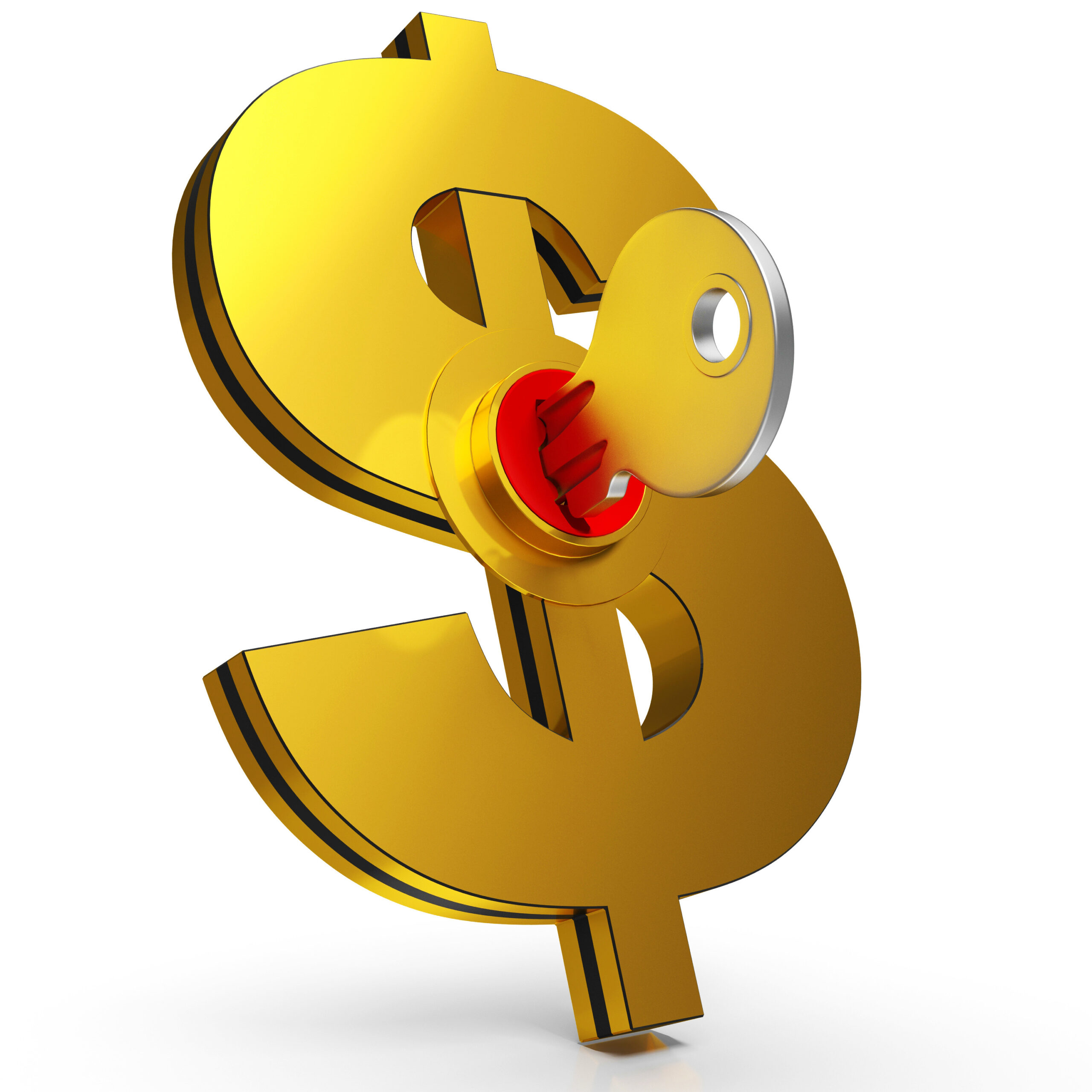By Jim Lewis, CEO Enhanced Retail Solutions LLC
Over 20 years ago when I was a buyer, my department was in a real pickle. I inherited some inventory problems and then I made some bad bets that resulted in ugly sales losses. It was a real “keep your head down” time. My vendors were providing lots of solutions- better brands, more competitive fashion, and clean assortments. Problem was I had no open to buy. I couldn’t buy new products nor could I markdown the problems. What to do?
Break the rules, of course. This was a time before retailers expected suppliers to financially support them. I made a deal to buy an entirely new assortment from a vendor, so long as they cut a check to markdown the existing product. I gambled. Thankfully I was right, but it could have gone the other way.
Open to Buy Is Just A Tool
I don’t deny that a budget (open to buy) is important. But it is just 1 tool in a broad set to manage business. Without flexibility you are guaranteed to ruin your business, rather than possibly save it. Look at the price Bed Bath & Beyond is paying for shutting off replenishment for months. Were SKUs vetted to determine which should have stayed on? I don’t think so, at least that’s what many domestic suppliers are telling me.
Not buying back into the SKUs that generate healthy cash is a recipe for disaster. Inevitably you have to markdown the bad stuff that drags your assortment down. And once you run out of the good stuff, you have nothing but unprofitable items to sell. It’s a self-fulfilling prophecy. And it certainly isn’t brain science.
Never Out SKUs
“Never out” SKUs should override open to buy. There should always be money for sure things. Not everyone agrees with me and that’s okay. Retailers have protected themselves from these types of problems by demanding suppliers financially support them. Unfortunately, this has led to many boring assortments that are more about finances than customer appeal.
Technology
One of those other tools in the management set is technology. Smart retailers use data sharing with their vendors to try to stop problems before they happen. And uncover opportunities to quickly capitalize on them. With Vendor Managed Programs (VMI), vendors assume more risk in holding inventory but ensure every SKU-Store combination is properly inventoried.
ERS was founded on these concepts in 2002. We have the tools and expertise to monitor and comb through store level POS sales and inventory data to uncover opportunities and liabilities that would otherwise go unnoticed.


Comments are closed